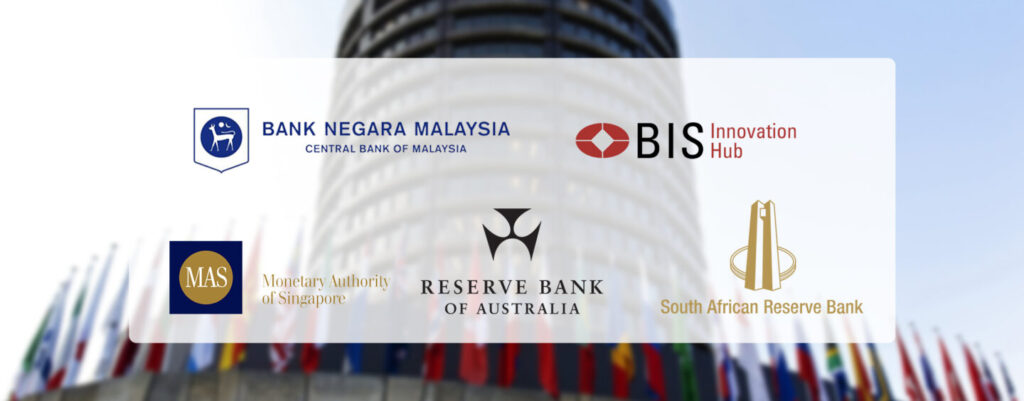After a record-breaking year 2021, global funding is slowing dramatically in 2022 with fintech companies raising a total of US$108 billion in H1 2022, data from KPMG show.
But despite the current global slowdown, Singapore has nevertheless managed to weather the tumultuous market conditions rather well, with fintech funding remaining strong. Moving forward, the momentum is set to continue, building on favorable new regulations, government initiatives, and a dynamic initial public offering (IPO) market, a report by the consulting firm says.
Data from KPMG show that investors’ confidence in Singapore’s fintech sector continues to stand high. In Q2 2022, Singapore’s global market share in deal value for fintech more than doubled compared to 2021, rising from 3.1% last year to 6.4% the past quarter. Meanwhile, the country’s market share in number of deals grew from 3.4% in 2021 to 5.1% in Q2 2022.
These metrics show that Singapore is gaining the favor of investors this year, which were much more active in the country in Q2 2022 than they were in 2021.
According to the report, part of the reasons for Singapore’s stability and strong funding activity has been the country’s ranking among the world’s most competitive economies, its recognition as a dynamic global financial hub, and its position as one of the world’s top global innovation locations for technologists.
In addition, the city-state has been building up its fintech ecosystem aggressively this past couple of years, adopting policies, initiatives, and incentive projects like the Regulatory Technology Grant program, the Digital Acceleration Grant program, the Regulatory Sandbox, the SGFinDex data sharing platform, and the API Exchange, to speed up fintech adoption in the traditional finance sector and encourage innovation.
These efforts have enabled Singapore to become largest fintech hub in Southeast Asia, hosting 1,007 fintech firms or 67% of the total across the region (1,482), data from KPMG show.
Momentum set to continue
KPMG expects fintech funding to remain strong in the country, building on recently launched initiatives by the government and the Monetary Authority of Singapore (MAS) focusing on sustainable finance and digital assets.
These strategic paths align with private capital investors’ ongoing shift towards technologies poised to fuel industry transformation over the next decade, the report says, adding that solutions addressing climate change, supply chain, financial and cryptocurrency market infrastructure, artificial intelligence (AI) and agritech are seeing strong traction this year.
MAS launched in 2021 Project Greenprint, an industry effort to develop open and interoperable platforms for driving the efficient and trusted flow of data for green finance. It also announced the NovA! industry-wide artificial intelligence (AI) platform for financial risk insights generation, which it first deployed for ESG risk assessment in loans relating to real estate.
Last year also, the central bank kickstarted Project Dunbar, an initiative led by the Bank for International Settlements (BIS) that brings together the Reserve Bank of Australia, Bank Negara Malaysia, South African Reserve Bank, and MAS to test the use of central bank digital currencies (CBDCs) for international settlements.

BIS Develops Multi-CBDC Platform for International Settlements With Central Banks, Fintech News Singapore
In 2022, Project Guardian was announced, revealing MAS’s ambition to explore the merits of digital assets, tokenization and decentralized finance (DeFi). MAS plans to develop and pilot use cases in four main areas: the use of blockchains to build open, interoperable networks that enable digital assets to be traded across platforms and liquidity pools; the development of a trusted environment for the execution of DeFi protocols through a common trust layer of independent trust anchors; the representation of securities in the form of digital bearer assets and the use of tokenized deposits issued by deposit-taking institutions on public blockchains; and the introduction of regulatory safeguards and controls into DeFi protocols to mitigate against market manipulation and operational risk.
These developments will entice investors and further fuel the growth of the Singaporean fintech industry, KPMG says. Singapore could also see a rise in fintech public listings and initial public offerings (IPOs) after Singapore Exchange (SGX) released last year new rules that allows special purpose acquisition companies (SPACs) to list, becoming the first bourse in Asia to do so.
Singapore’s IPO market has performed strongly so far this year, with ten new IPOs in the first half of 2022 compared to three during the same period last year, a PwC Singapore report released in June shows. The total funds raised also increased from S$340 million in the first half of 2021 to S$570 million in the first half of 2022.
Featured image credit: Edited from Unsplash and Freepik
- ant financial
- blockchain
- blockchain conference fintech
- chime fintech
- coinbase
- coingenius
- crypto conference fintech
- fintech
- fintech app
- fintech innovation
- Fintechnews Singapore
- funding
- initial public offering (IPO)
- OpenSea
- PayPal
- paytech
- payway
- plato
- plato ai
- Plato Data Intelligence
- PlatoData
- platogaming
- public listing
- razorpay
- Revolut
- Ripple
- Singapore
- square fintech
- stripe
- tencent fintech
- xero
- zephyrnet















